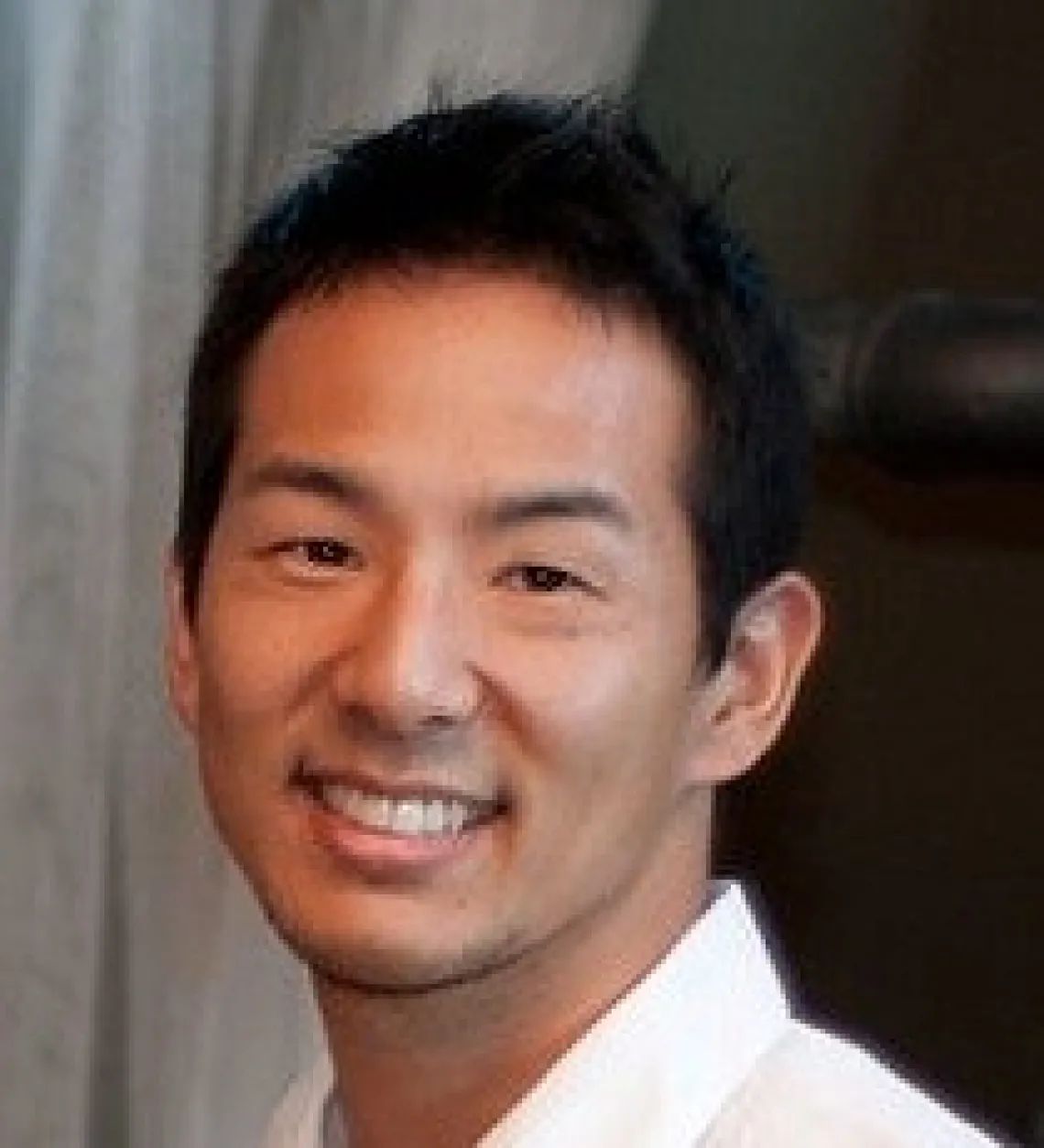Dr. Jerry Won Lee -- Rhetoric, Composition, and the Teaching of English

By Elizabeth Labiner
In 2014, Dr. Jerry Won Lee earned his doctorate in the UA English Department’s Rhetoric, Composition, and the Teaching of English program. Dr. Lee notes that many aspects of his graduate experience were important to landing his position and thriving as an Associate Professor at the University of California, Irvine, but he highlights the mentorship and teaching experience as particularly vital.
His mentors encouraged Dr. Lee to pursue his passions, rather than conduct research simply for the sake of researching. In addition, the department’s workshop on the job search provided practice for all aspects of the job market, from CVs to job talks to campus visit dinners. The departmental professional development was augmented by attending conferences, though Dr. Lee acknowledges that conferences are one area in which his approach was not as informed as it might have been:
I attended and presented at many conferences while at UA because I was under the impression that a conference presentation is another line on the CV and a means unto itself. I think I was misguided in two ways. First, the most important thing about the conference is not the line on the CV, but the range of other things you get out of it: learning about what is current in the field, meeting other scholars with shared research interests, getting feedback on your work, and so on. Second, I learned that presenting at a conference is just the tip of the iceberg, and merely presenting at a conference itself doesn’t help you gain much credibility. The key is publishing your work in respected venues, and I’ve since made it a point to be more selective about applying to conferences and trying to limit myself to projects that I know I can develop into a publication in the very near future.
This selectivity is important, particularly for graduate students who are pulled in a multitude of directions by coursework, research, and teaching. Teaching is certainly a double-edged sword, in which the experience gained must be weighed against the time and effort diverted away from research productivity. Though he still advocates for improving working conditions for graduate instructors, Dr. Lee explains,
In retrospect, one of the main advantages of getting my PhD at UA was getting to, and having to, teach 4 semester-long courses each year. “Getting to” teach so much was an advantage in that I was able to gain a lot of experience teaching a wide range of lower-division and upper-division courses, which is not common for graduate students at other institutions. “Having to” teach so much was also an advantage, but only in retrospect. Throughout grad school, I was envious of my peers at other institutions who had lighter teaching loads, and who even had full years off of teaching because their institutions had more competitive fellowship offerings. But in retrospect, having to teach that much while still doing everything else (e.g., publishing and finishing my dissertation) turned out to be good practice for meeting the publication, teaching, and service demands of a faculty position.
The expectations for a new professor are very high, he says, and the time management tactics honed during his graduate work are still critical to his success. As is typical for professors, Dr. Lee is expected to publish, teach, and contribute service to the university and the profession, and is evaluated not only on teaching, but on the quality and quantity of his research and publications.
Dr. Lee is delighted to have been hired to a position in an interdisciplinary English department, with joint appointments across three other departments (Anthropology, East Asian Languages & Literatures, and Asian American Studies). His job affords him the opportunity to pursue inter- and transdisciplinary research. He stresses that he was lucky because the search committee for his current position was looking for a person whose area of specialization was rhetorical studies and applied linguistics, but also someone who could fit in an English department that specializes in literature and theory. This fit did not come easy; Dr. Lee sent over fifty applications to tenure-track job openings, twelve of which led to the interview stage, but he felt that only a couple had real interest in him as a candidate. “To be sure, I think it’s increasingly common for search committees to look for candidates who have multiple areas of specialization and can teach a wide range of classes, even at research universities,” Dr. Lee says. “The problem is, you kind of have to be lucky and hope that your profile aligns with what search committees happen to be looking for in a given year.”
Dr. Lee’s work and tenacity have landed him in a career he loves for many reasons. He enthuses,
I have access to time, resources, and support to pursue scholarship that I believe in, and I have the opportunity to teach courses based on my current research projects, which ends up being a good thing not only for me but also my students. Further, I love being in a place where I get to teach demographically and linguistically diverse students: 85% of the students at UCI are ethnic minorities, and over half are first-generation college students.
Dr. Lee cites his scholarly exemplars as those who are intelligent and do great work but who are also kind and humble. He’s living by their example already.

